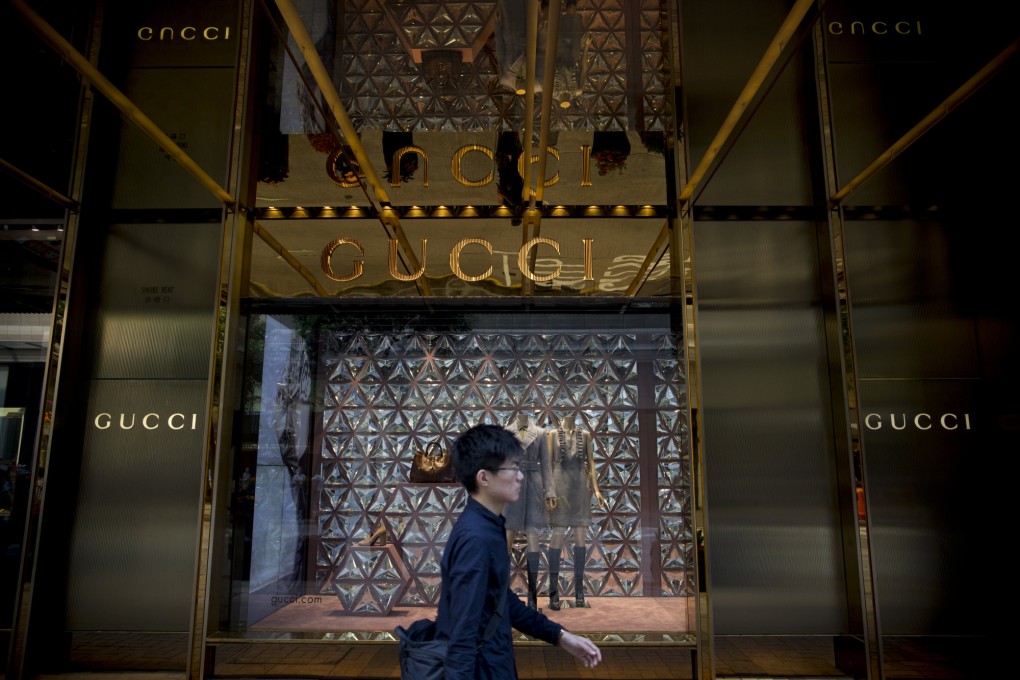Hong Kong's stark choice: gradual integration or slow decay
Dan Steinbock says the city's social and economic challenges can only be addressed through more cooperation with the mainland

Hong Kong's lingering turmoil suggests that its economic future is not assured. Recently, the People's Daily accused Washington of colluding with Occupy Central protest organisers to try and foment a "colour revolution". In the West, the charge has been downplayed.
Nevertheless, today, Hong Kong must cope with political, economic and external risks.
Chinese media has claimed Louisa Greve, vice-president of the National Endowment for Democracy, met Hong Kong protest leaders months ago. This has since been denied. But the organisation has long supported pro-democracy groups.
Some pro-democracy leaders have tried to "internationalise" the Hong Kong turmoil for months. In April, Anson Chan Fang On-sang, the convener of Hong Kong 2020, and Martin Lee Chu-ming, founding chairman of the Democratic Party, met Nancy Pelosi, the Democratic leader of the House of Representatives. At the White House, they told Vice-President Joe Biden that Beijing has been "tightening its controls" over Hong Kong.
The two asked for "a clear assurance that members of Congress are watching developments in Hong Kong closely". Afterwards, Senator Sherrod Brown, chairman of the Commission on China, warned that Hong Kong's democracy was "under threat". The commission has called on the US State Department to revive congressional briefings on human rights in Hong Kong.
In July, Chan and Lee had a similar agenda in Britain, addressing Parliament and meeting Deputy Prime Minister Nick Clegg.